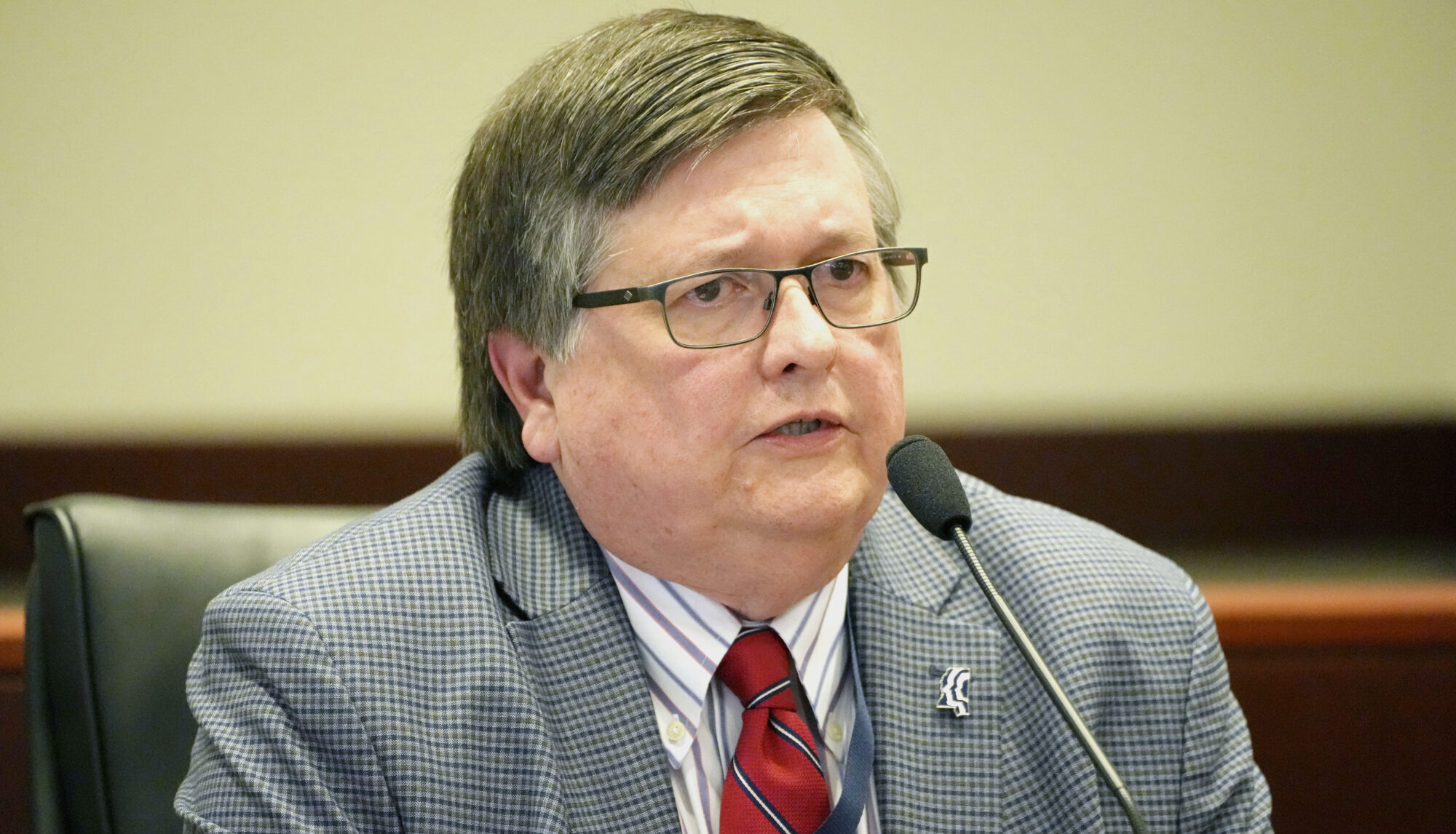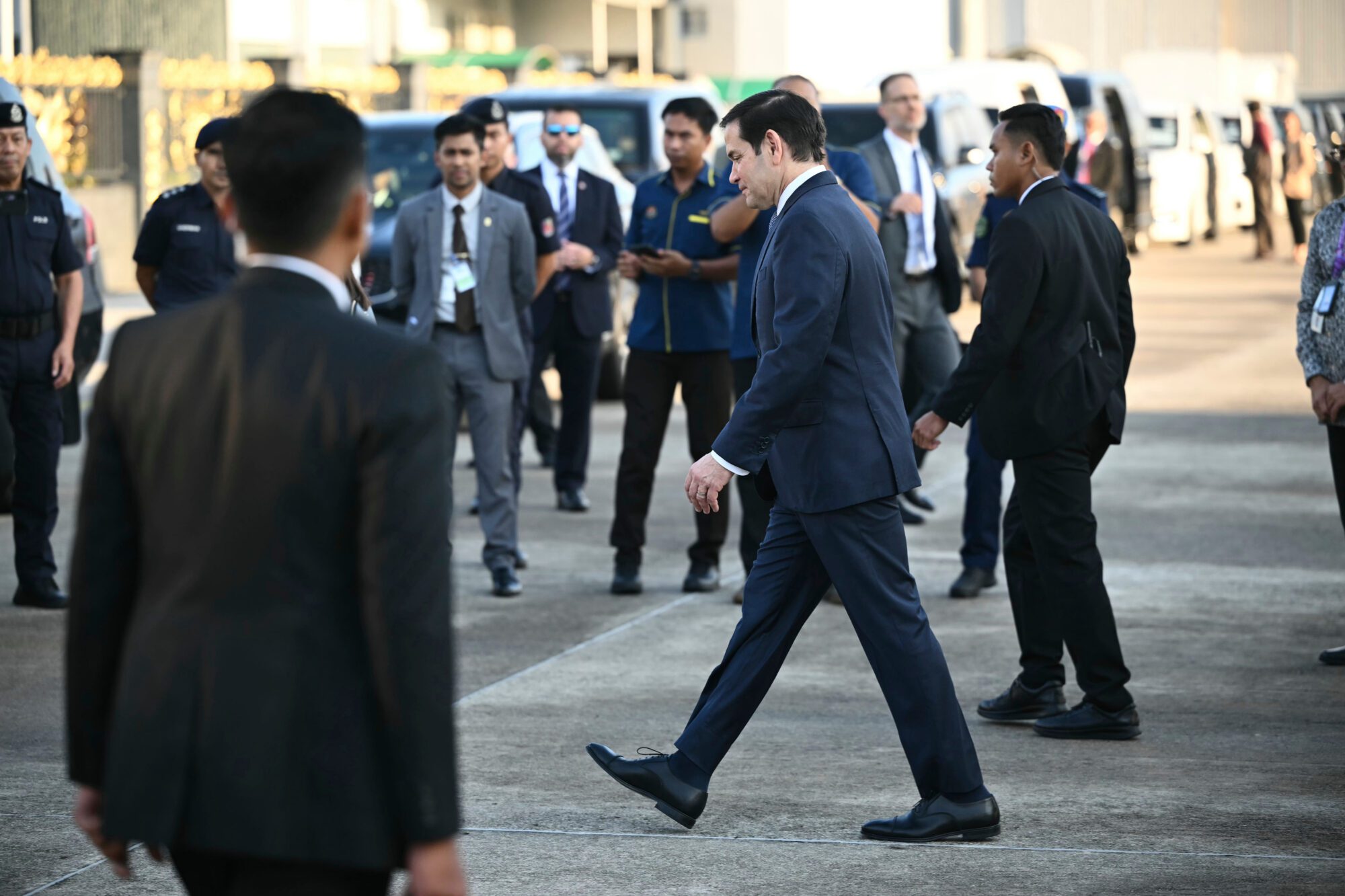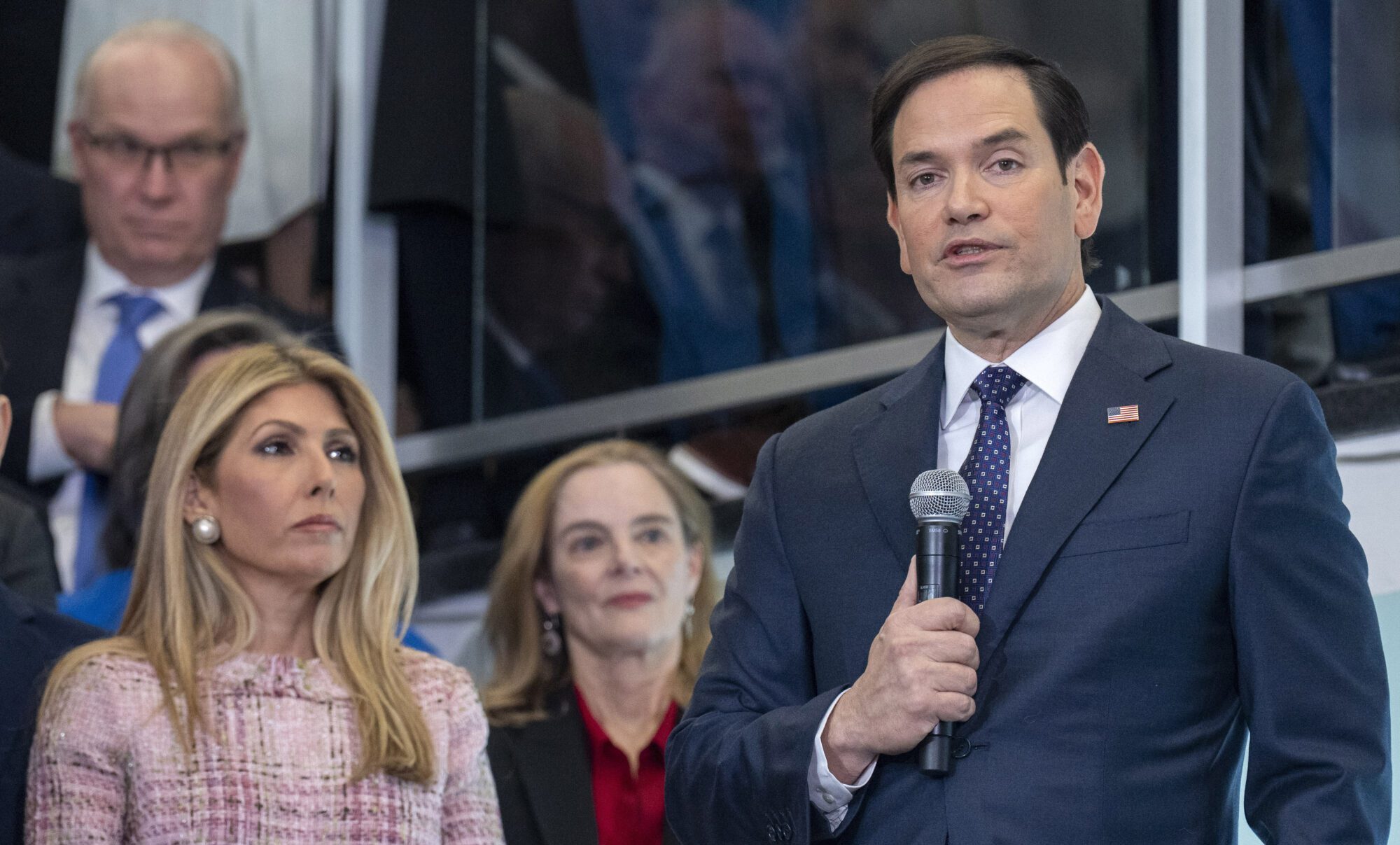NMC’s two part series on Julie Mabus
Last Thursday, the Mississippi Supreme Court decided the second appearance of Mabus v. St. James Episcopal Church. This is the case in which Julie Mabus sued an Episcopal Church in Jackson and its priest for participating in a meeting between her and her husband, former Governor Ray Mabus, in which she was confronted about evidence in their divorce, a meeting the priest knew that Ray Mabus was secretly taping.
I don’t have a simple take-away from these cases, and am going to post in two parts, first focusing on what the court said in Mabus II, and then in the second post comparing the two cases, with fairly extensive discussion of facts that raise questions about the logic of the decisions.
The priest, McBride, had married the Mabuses and had baptized their children. Julie Mabus was a lifelong member of the church. Ray Mabus invited McBride to a meeting where he intended to confront Julie, and told McBride he intended to secretly tape it on advice of his divorce attorney. The purpose of the meeting was to obtain leverage in the divorce, although he did not tell her the purpose.
When she learned of the taping during the divorce proceeding, she brought a seven-count complaint against the priest and the church. In the first appeal, the circuit judge– Judge Bobby DeLaughter– had dismissed all of the claims except a fraudulent concealment claim, and the Supreme Court affirmed.
In discovery on remand, Julie Mabus testified in a deposition that she “suspected Ray was taping her.” Based on that testimony, Judge DeLaughter held that she could not be the victim of fraudulent concealment. Justice Waller’s majority opinion in Mabus II rejects this as error because her testimony was not as contradictory as DeLaughter suggested in his ruling, but goes on in to affirm for another reason– that “Julie is unable to establish that McBride had a legal duty to disclose any knowledge he had of the recording.” Because there was no fiduciary relationship between Julie and McBride, he had no duty to disclose and her fraudulent concealment claim fails.
In the first appeal, the court had held that the relationship of priest and parishoner is not a fiduciary one– that is, it is not a particular relationship of trust inherent in the relationship without proof of more.
I’m confused by this in multiple ways. Given that in round one, the court affirmed a summary judgment that there was no fiduciary relationship, why did this claim survive to round 2? Is this decision really just a result of the “law of the case” doctrine, the rules governing what questions a court can reopen on a second appeal– in other words, did the decision about fiduciary relation in Mabus I really foreclose the claim in Mabus II, and the majority opinion here just doesn’t spell it out? That’s the import of a key sentence in Justice Kitchen’s opinion– he states that he only agrees with the result because he’s bound by law of the case to reach it. If that’s so, then I’ll ask again: Why didn’t the first appeal resolve the entire case?
The Mabus II opinion then turned to her effort to reopen the parts of the case she lost in Mabus I. Specifically, she argued that deposition testimony by McBride and Ray contradicted the affidavits McBride had used to get summary judgment in the first round on the issue of fiduciary relation.
From the way the argument is summarized in the opinion, and from the deposition and affidavit excerpts, I see no real contradiction between what McBride said in his affidavit before the first appeal and in his testimony, particularly about facts that could point to a fiduciary relation. There are some in Ray’s testimony– he said in the affidavit that this was in no way a counseling session. In his deposition, he said McBride was present “to seek guidance and counseling.” You can read for yourself in the footnotes on pages 9-12 of the opinion.
After reading the opinions in Mabus II, my confusion was great enough that I reread the opinion in Mabus I to see if it shed any light. It did not. First, I noted that McBride had cross-appealed in the prior case, so it could have been entirely resolved then if the lack of a fiduciary relation really was fatal to the fraudulent concealment claim.
Here’s how the court began its analysis of whether there was a fiduciary relation in Mabus I:
We agree with the trial judge that a priest’s position alone is insufficient to establish a fiduciary relationship. If this Court were to recognize such a duty on the basis of a position held within the church, we would necessarily be required to define a reasonable duty standard and to evaluate McBride’s conduct compared to that standard. To do so would violate the First Amendment.
But, this does not end the inquiry. The next question is whether under these facts, a person who happens to be a priest, can be in a fiduciary relationship with someone who happens to be one of his parishioners. Although the Mississippi appellate courts have never specifically addressed whether a fiduciary or confidential relationship can exist between a member of the clergy, a diocese, or church and an individual parishioner, the trial court found that “Mississippi doctrine appears to leave the door open for recognition of such a relationship in appropriate circumstances.”
The court noted a couple of cases holding that a priest/parishoner relationship without more did not establish a fiduciary relation, and cited a case that held that there was a jury issue about whether there facts were sufficient to establish such a relation.
The first thing I don’t understand about Mabus I is why the facts (about which more later) don’t give rise to a jury issue on this point.
The opinion then goes on to dismiss everything but the fraudulent concealment claim. Justice Dickinson (joined by Justice Cobb) dissents from that ruling, stating:
Having correctly recited the principle of law, however, the majority provides no explanation of McBride’s “legal duty” to communicate to Julie that Ray was secretly recording the meeting. While I do not approve or condone McBride’s behavior, I find no authority which suggests he had a legal duty to inform Julie of Ray’s secret recording.
Neither the majority nor Julie has suggested any action by McBride (beyond his silence) to conceal the tape recording. The majority incorrectly substitutes McBride’s participation in the conversation for the required active participation in the concealment of the recording. It is not the conversation that Julie alleges was concealed from her, but rather the recording of it. Absent some active participation by McBride in secretly recording the conversation, or some other legal duty to disclose to Julie that Ray was secretly recording the conversation, there can be no liability for fraudulent concealment.
…
NMC
4/20/9






